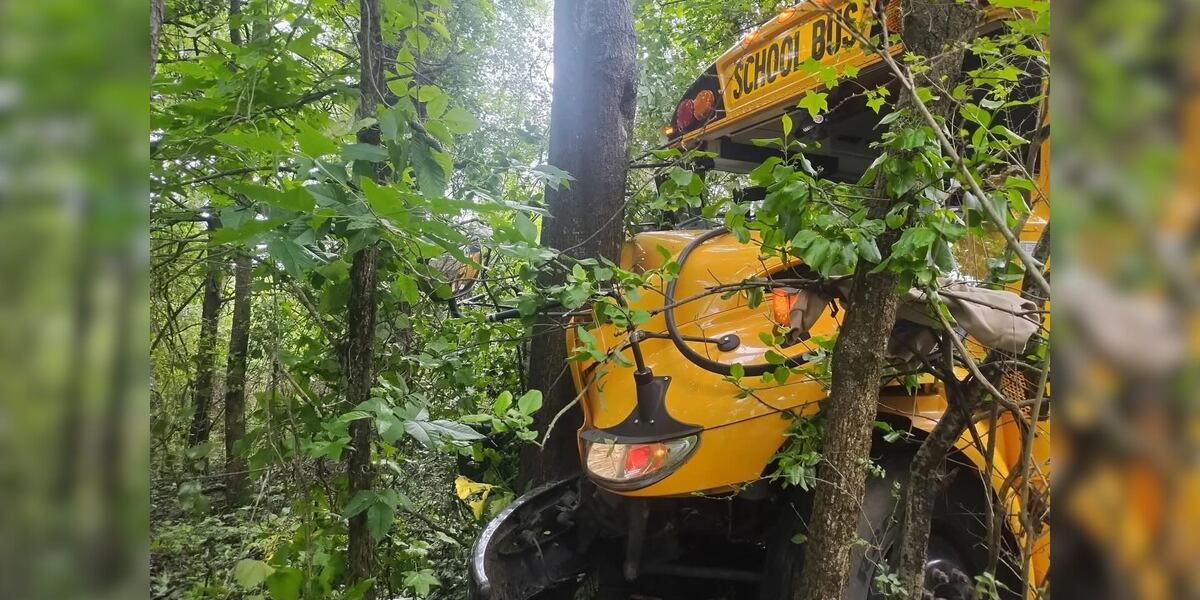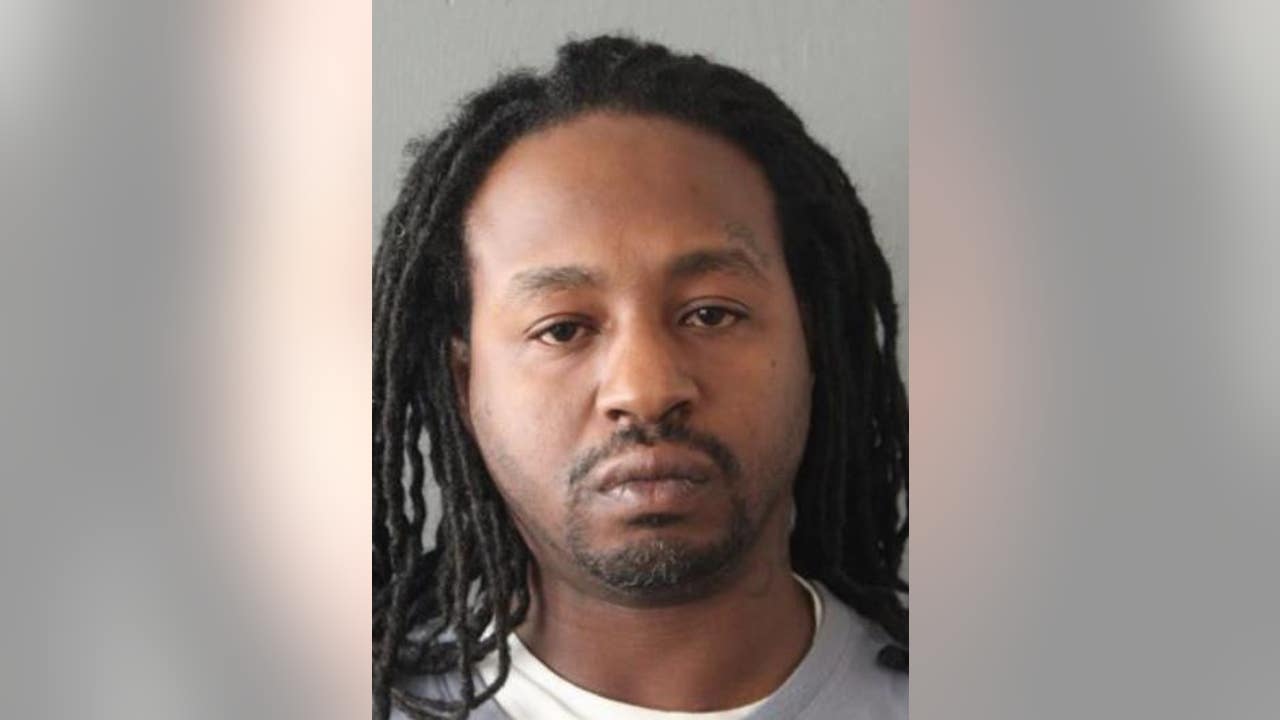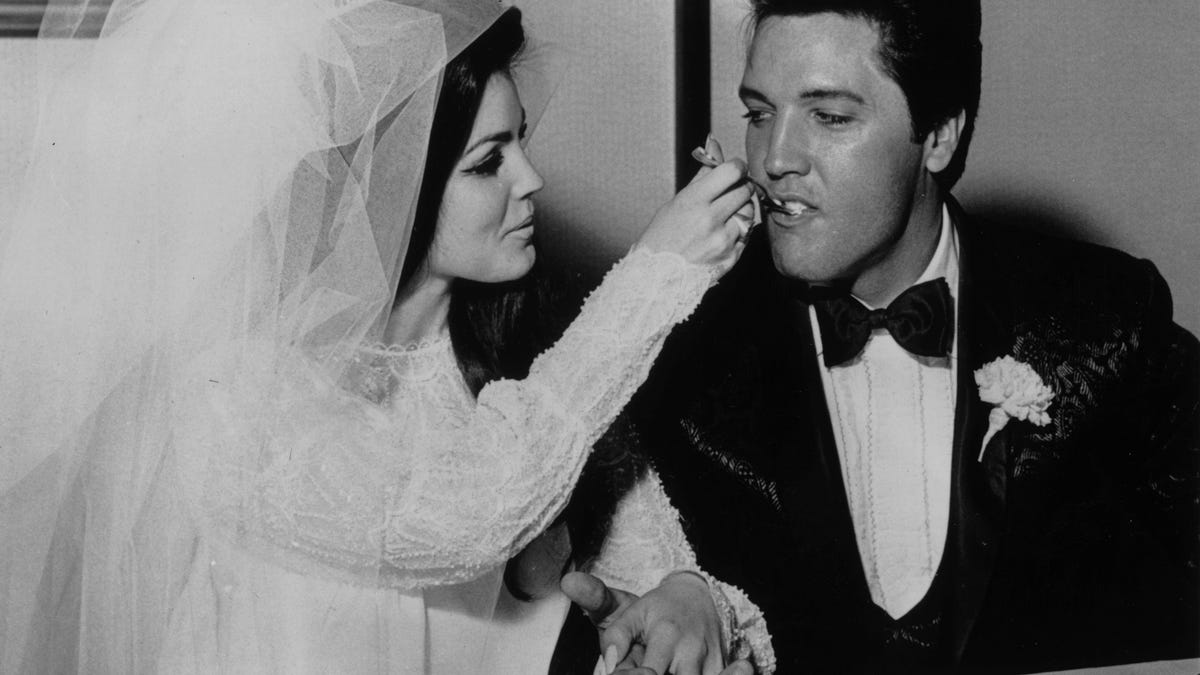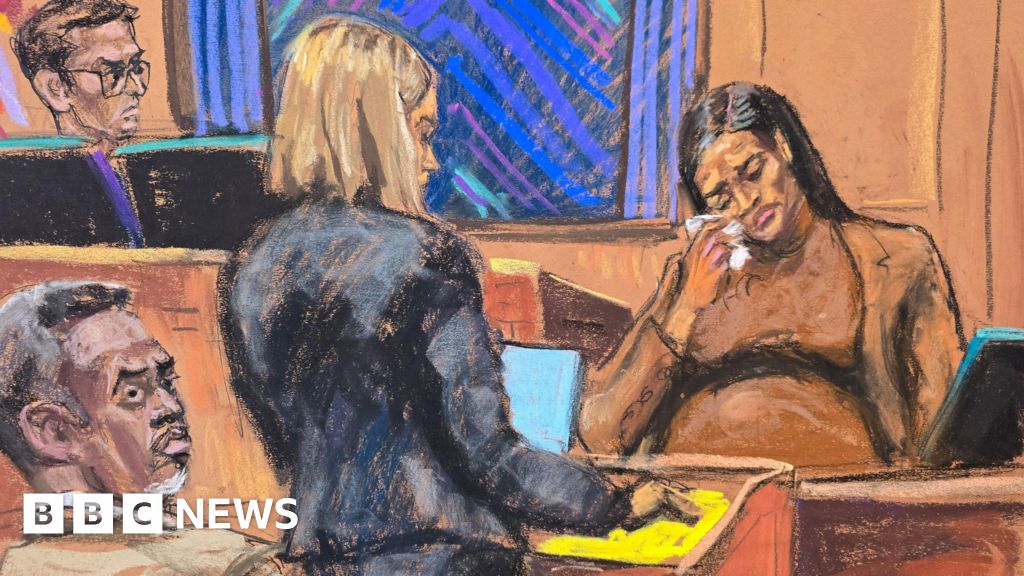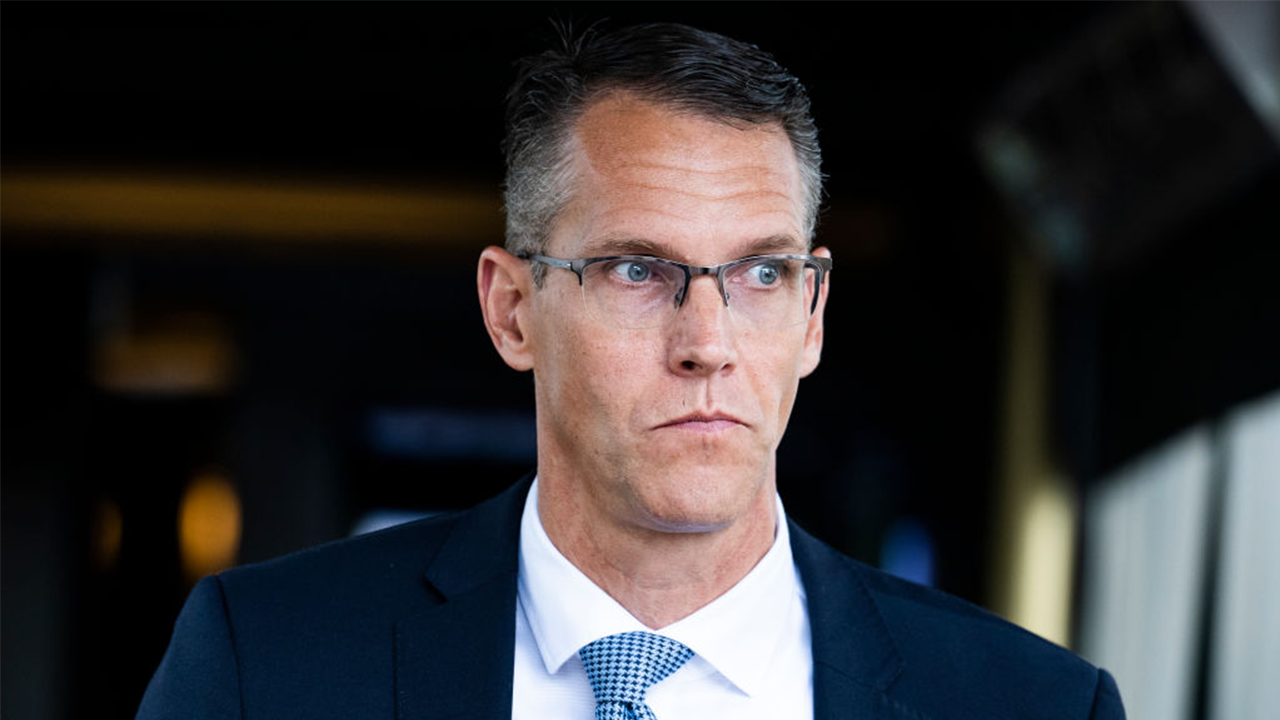World
China to send navy’s hospital ship on South Pacific voyage
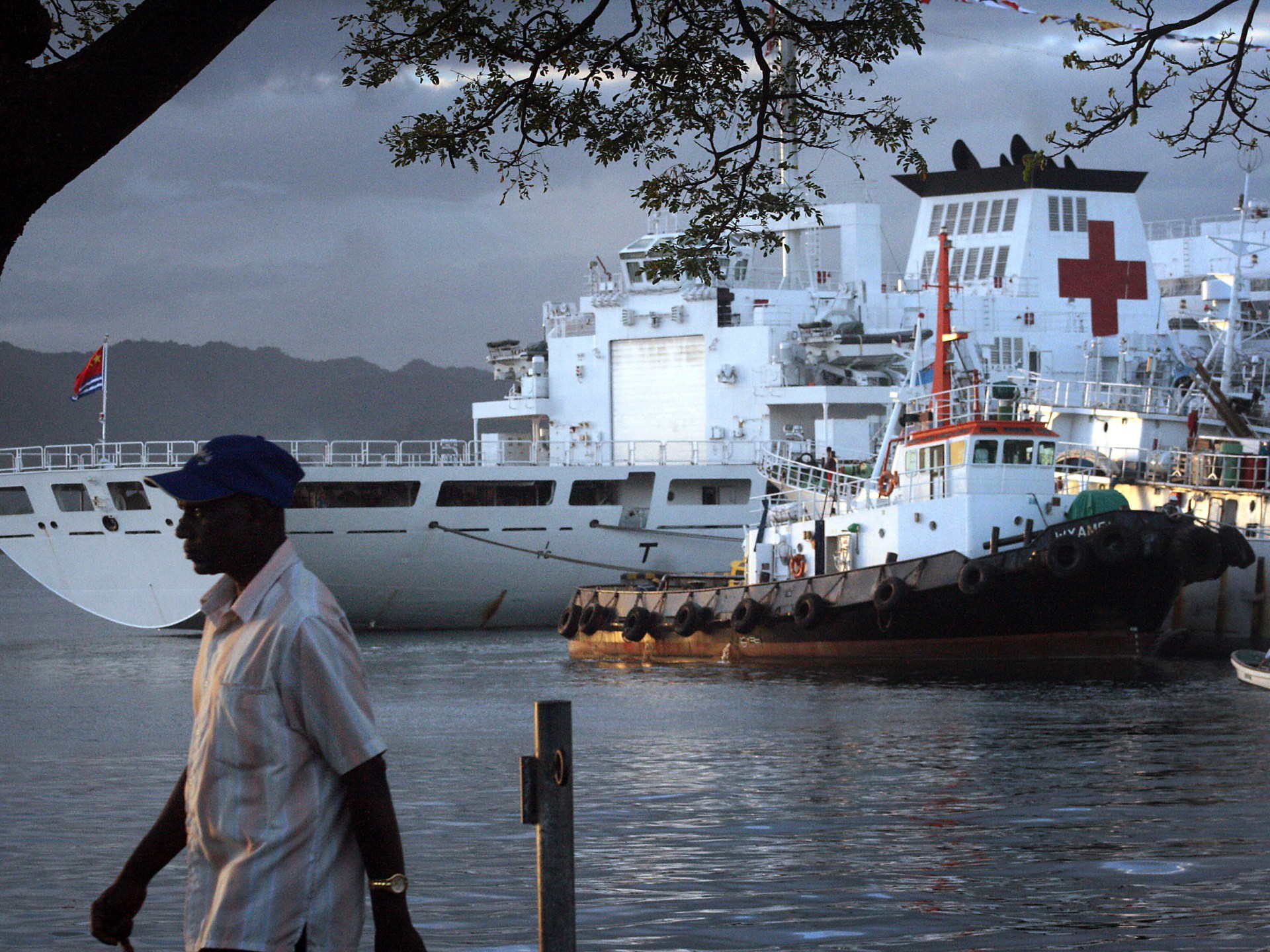
Beijing says ship’s planned tour of five countries is to show that China is a ‘responsible’ country.
China is sending the navy’s “Peace Ark” hospital ship on a tour of the South Pacific at a time of growing competition with the United States and its allies for influence in the region.
The 14,300-metric-tonne ship will call at Kiribati, Tonga, Vanuatu, the Solomon Islands and East Timor, providing medical assistance to Chinese citizens as well as residents, the defence ministry said in a statement late on Sunday.
“It is to present our image as a responsible big country,” said navy spokesperson Liu Wensheng.
The ship, painted white with red crosses on its sides, employs more than 100 medical staff in 16 different clinical and auxiliary departments, and can handle as many as 1,000 patients at any one time.
There are multiple operating rooms and nursing stations, as well as a blood bank, according to the state-run China Daily.
Beijing has been building closer ties with countries in the Pacific in recent years, some of which once had formal diplomatic ties with Taiwan, causing concern in the US, Australia and New Zealand, but also within some of the countries themselves.
China signed a security pact with the Solomon Islands last year and hopes to build similar ties with other Pacific countries. Its foreign minister has said relations with the Solomon Islands can serve as a model.
China’s overtures have led the US to step up its activities with the region.
Last year, US President Joe Biden invited Pacific leaders to an unprecedented summit at the White House, pledging to triple funding for the region. It also reopened its embassy in the Solomon Islands in February after a 30-year absence. In May, it opened an embassy in Tonga and is also planning one in Vanuatu.
The Peace Ark, the largest hospital ship of the People’s Liberation Army Navy, has previously toured countries in the Pacific and joined relief efforts following natural disasters, including Typhoon Haiyan, which hit the Philippines in 2013.
Commissioned in 2008, Peace Ark has provided medical services for roughly 250,000 people from 43 countries, according to state media.

World
Costa calls for reforms in Bosnia to ensure EU membership progress
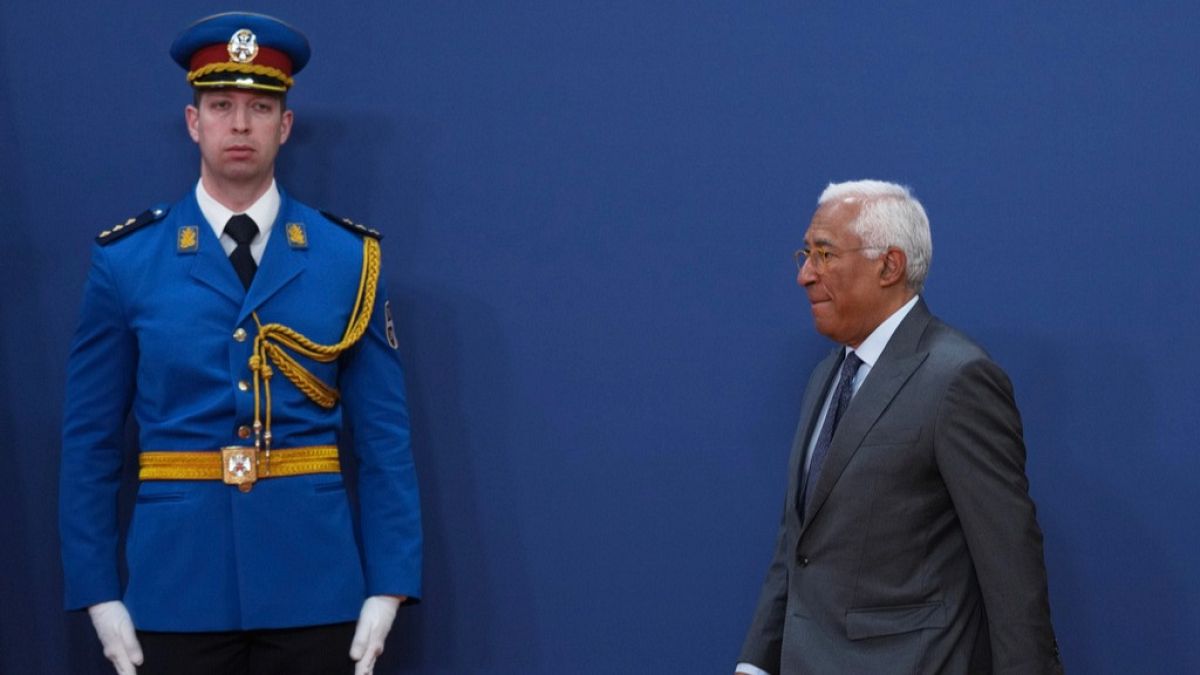
After his trip to Belgrade, European Council President António Costa visited Sarajevo on Tuesday as part of his Balkans tour. He was given a warm reception upon his arrival before meeting with Bosnia’s presidency.
In a statement, the European Council chief announced that the EU “remains committed” to the country’s European future. He also praised Željka Cvijanović, Denis Bećirović, and Željko Komšić — members of the Western Balkan country’s three-way presidency — for their role in maintaining stability and security in the country and the region.
Recently, tensions have been brewing domestically over the leader of the entity of the Republika Srpska (RS), Milorad Dodik’s actions, which the state-level authorities denounced for undermining the country’s constitutional order.
Western powers and the EU have condemned Dodik for his provocations after he had suggested that the Dayton Agreement, the peace agreement that formally ended the Bosnian War in 1995, had outlived its purpose.
In his statement, Costa underlined the importance of the Dayton accords, set to mark its 30th anniversary this year.
“And this year, on the 30th anniversary of Srebrenica genocide and the Dayton (and) Paris Agreement, I believe that it is an important message to remember,” said Costa.
Costa also outlined that some reforms are needed to ensure Bosnia remains on the path to EU membership.
“We need the approval of two judiciary laws, the appointment of a chief negotiator, and the adoption of the reform agenda to move towards on the Bosnia and Herzegovina in the European path.”
Bosnia is the only country that does not benefit from the EU’s Growth Plan for the Western Balkans. Costa stressed that implementing these reforms is of paramount importance to ensure that Bosnia’s citizens benefit from the EU plan.
“I would like to see Bosnia and Herzegovina joining the other Western Balkans partners in profiting from all that the European Union has to offer,” the Council president noted.
Costa will next travel to Montenegro and Albania on Wednesday, for meetings with President Jakub Milatović in Podgorica and President Bajram Begaj in Tirana. He’ll conclude his tour with a visit to Skopje in North Macedonia, where he will meet Prime Minister Hristijan Mickoski.
Additional sources • AP
World
In Augustinian Order, Pope Leo XIV Found Unity, Charity and ‘Eternal Friendship’

The cellphone of the leader of the Order of St. Augustine, the Rev. Alejandro Moral Antón, buzzed for what seemed like the hundredth time, and he jumped. He had been up since 2:30 a.m. fielding calls, trying to explain to people across the globe how his order, the one that formed Pope Leo XIV, would shape the papacy.
This time, it was his dentist. He had missed an appointment.
“You know what’s happening?” he told the dentist on Monday afternoon in Rome. “The new pope is an Augustinian!”
The world’s sudden interest in the small order of fewer than 3,000 members had forced Father Moral Antón, an affable, 69-year-old Spaniard, to distill Augustinians’ principles and spiritual ideals to their essence. Charity, truth and unity, he recited in Latin and translated into Spanish.
Pope Leo, formerly Cardinal Robert Francis Prevost, is an American with Peruvian citizenship, but his identity may have been most deeply molded by his connection to the Augustinians, which began when he was 14 and led to his ordination in 1982 as an Augustinian priest. He moved to Peru as an Augustinian missionary and eventually ran the order for 12 years from Rome. In that position, he developed extensive international connections that helped raise his profile last week in the conclave of cardinals who elected him.
As the first Augustinian friar to become pope, Leo is expected by Augustinians to emphasize missionary outreach and the importance of listening widely before making decisions, both central to the Augustinian way of life.
“The Holy Father will certainly be inspired by this search for communion and dialogue,” said Pierantonio Piatti, a historian of Augustinians with the Pontifical Committee for Historical Sciences, a Vatican office. That would mesh with the concept of “synodality,” fulfilling Francis’ vision of a church that brings bishops and lay people together to make big decisions.
“The other great element of Augustinian spirituality,” Dr. Piatti added, is a “search for balance between action and contemplation, between contemplation and action.”
In part because of their small size, Augustinian priests are a tight-knit community around the world, and many have encountered Leo over the years.
“Even when we disagree on something like politics, we have no trouble talking to one another,” said Father Allan Fitzgerald, 84, an Augustinian priest and longtime professor at Villanova University northwest of Philadelphia, which Leo graduated from in 1977. “I think we are, in some ways, an image of the U.S. There is certainly a whole swath of us that is to one side and to the other. Even if we can’t talk directly about politics, we are still able to talk about things that matter.”
The order was founded in 1244, when Pope Innocent IV united groups of hermits in service to the church as a community of friars. The group committed to a lifestyle of poverty, along with a mix of contemplation and pastoral service.
Augustinians take their name from one of Christianity’s most important early theologians, Augustine, the Bishop of Hippo, who was born in what is now Algeria in the fourth century. He is perhaps most famous for an autobiographical work called “Confessions,” which in part details his conversion to Christianity after an immoral youth.
The order’s place in the broader Roman Catholic Church was threatened by one of its most prominent 16th-century members, Martin Luther, whose calls for reform in the church ended up leading to the Protestant Reformation.
Augustine also wrote a guide to religious life that became the cornerstone of the Augustinian order. Its members commit to “live together in harmony, being of one mind and one heart on the way to God.” Leo’s new coat of arms reflects that heritage, displaying the Latin motto “In illo uno unum,” or “In the One, we are one.”
Augustinians are generally far less known compared with larger groups like the Jesuits and Franciscans. Part of that has to do with the personality and style of the orders, Father Fitzgerald said.
“If you are a Jesuit, you are very good at telling people who you are,” he said. “Augustinians are not great at telling people who we are. I think it is unusual for us to be self-promoting.”
In the years after he became head, or prior general, of the order in 2001, Leo tried to share on a global stage the ideas and practices for missionary outreach that he had developed in Peru.
He outlined his theological underpinnings in a speech in Rome in 2023. Mission is a means of carrying out the church’s fundamental duty of evangelization, he said. Without this perspective, charity work by the church becomes little more than “humanitarian action,” which, while important, will not be distinctively Christian.
“On the contrary, when we help each other to constantly remind ourselves that our primary mission is evangelization, it does not matter whether our resources are small or large because the fundamental thing is already given,” he said.
“To evangelize means, among other things, to be willing to leave the comfort zones, the comfortable bourgeois life,” he said, in an apparent nod to his life-changing decision to leave his life in the United States for a missionary posting in northwestern Peru in 1985. That background appears to have figured in the cardinals’ deliberations during the conclave, since missionary outreach was a key element of Francis’ vision.
Leo once told the Italian broadcaster RAI that he had met “my religious family, the Augustinians,” as a teenager, prompting his decision to leave Chicago for an Augustinian junior-seminary boarding school in Michigan. There, he said, he got to learn about “the importance of friendship, the importance of life in community.”
“I believe it is very important to promote communion in the church,” Leo explained in 2023 to Vatican News. “As an Augustinian, for me promoting unity and communion is fundamental.”
On Saturday, Leo made an unannounced visit to Our Lady of Good Counsel in Genazzano, an Augustinian sanctuary outside Rome. On Monday, he invoked St. Augustine in remarks to journalists gathered in Vatican City, saying that the present times were challenging, difficult to navigate and not easy to recount to the public.
“They demand that each one of us, in our different roles and services, never give in to mediocrity,” he said. “St. Augustine reminds of this when he said: ‘Let us live well and the times will be good. We are the times.’”
He cited one of the saint’s sermons that alluded to how people can choose to make the most of tough circumstances, Father Moral Antón said: “We are the ones who have to live a good life to change the times.”
“We need to stop and reflect,” he added. “Because we live well, we eat well, we have pleasures, but are you happy? And people say, ‘I’m not happy.’ Let’s look, then, at where happiness lies — within — and then change.”
Father Moral Antón, who missed his dental appointment on Monday, was sitting in a small room in the Augustinian College of St. Monica, on a hillside across the street from St. Peter’s Basilica, where the new pope has played tennis for years on a court with a view of the iconic dome. Father Moral Antón and Leo, who are the same age, studied together in the college decades ago; the father was Leo’s deputy when he ran the order and succeeded him in the top job.
In the days since Leo became pope, Augustinian friars have shared stories of meeting him during his past travels. One vicar in Kenya sent Father Moral Antón photos of a trip he and Leo took to the African country many years ago.
“Being an Augustinian means being pretty open,” Father Moral Antón said, adding that, compared to other orders, theirs does not have “very rigid norms.”
“It’s about eternal friendship, friends, wanting to walk with friends and find truth with friends,” he said. “Wanting to live in the world, to live life — but with friends, with people who love you, with whom you love.”
“It is not always something you find,” he added, “but, well, that’s the ideal.”
Emma Bubola, Elizabeth Dias and Jason Horowitz contributed reporting.
World
In Pictures: From Chicago priest to new pope, the historic rise of Leo XIV
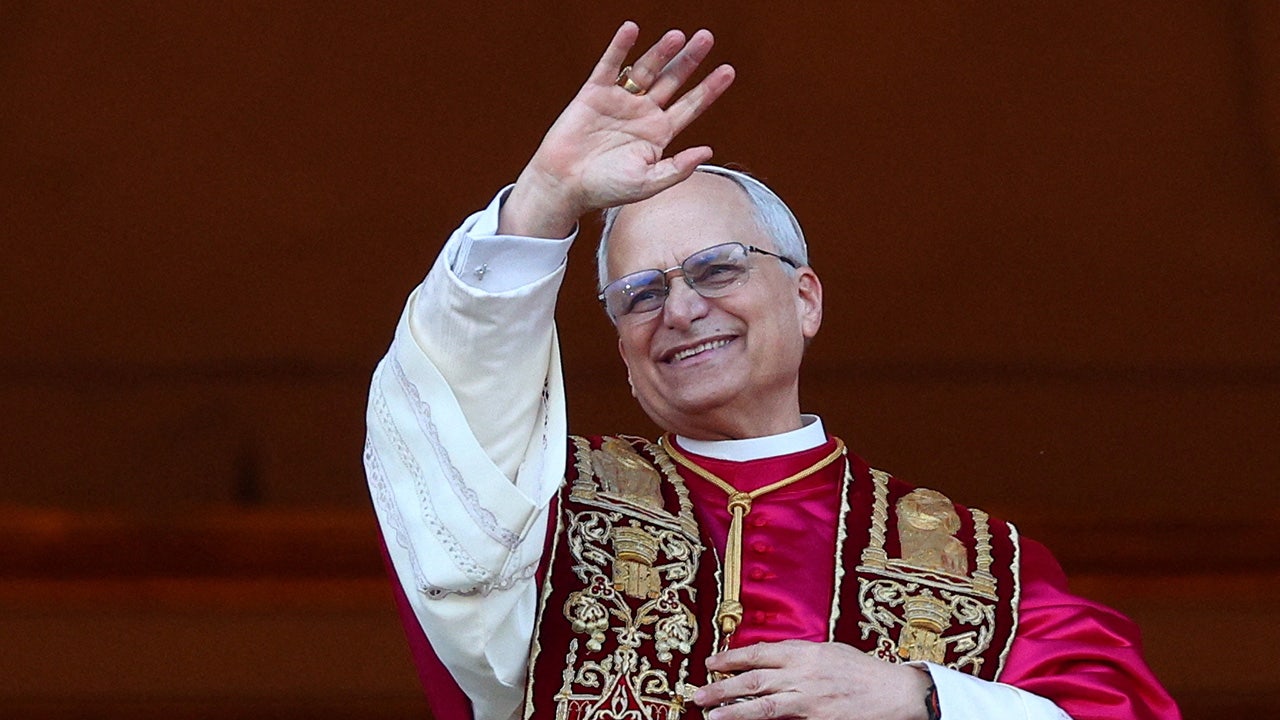
Published
-

 Austin, TX3 days ago
Austin, TX3 days agoBest Austin Salads – 15 Food Places For Good Greens!
-

 Politics1 week ago
Politics1 week agoTrump posts AI image of himself as Pope amid Vatican's search for new pontiff
-

 Education1 week ago
Education1 week agoIn Alabama Commencement Speech, Trump Mixes In the Political
-

 Technology1 week ago
Technology1 week agoBe careful what you read about an Elden Ring movie
-

 Culture1 week ago
Culture1 week agoPulitzer Prizes 2025: A Guide to the Winning Books and Finalists
-

 News1 week ago
News1 week agoFather Whose Son Was Shot by Cincinnati Police Hits Deputy With Car, Killing Him
-
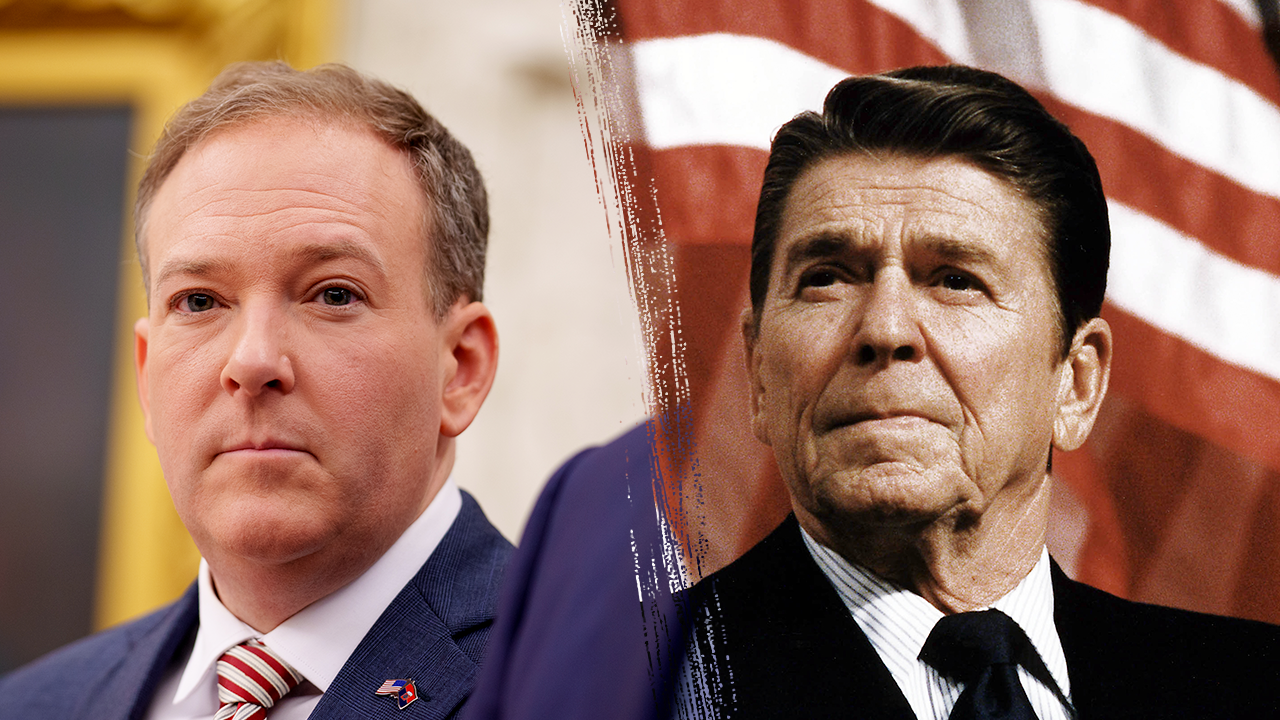
 Politics1 week ago
Politics1 week agoEPA chief Zeldin announces overhauls to bring agency back to Reagan-level staffing
-

 World5 days ago
World5 days agoThe Take: Can India and Pakistan avoid a fourth war over Kashmir?


